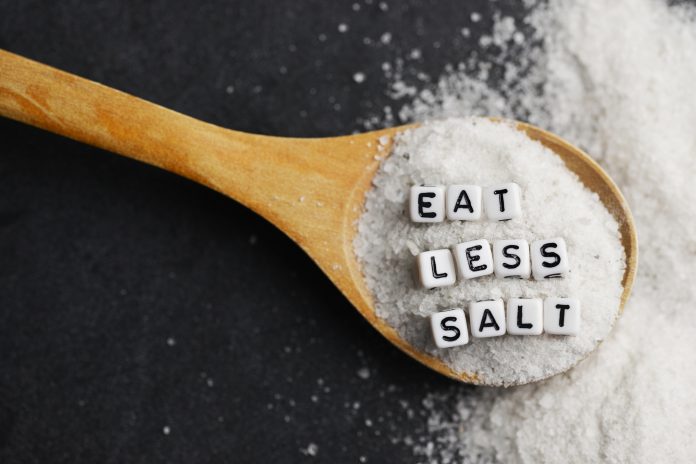Mhairi Brown, Policy and Public Affairs Manager, Action on Salt, agues that thousands of people will suffer unnecessary strokes and heart attacks if ministers fail to take decisive measures in forcing the food industry to comply with salt reduction programmes
It’s been several years since Sid, a large cartoon slug created by the Food Standards Agency (FSA), delivered his hard-hitting, yet necessary, message across TV, radio and billboards – too much salt is bad for your heart. The slug proved to be very effective, with a big increase in the number of consumers trying to cut down on salt and using food labelling to check salt levels in food. Behind the scenes, the FSA accompanied their effective public awareness campaign with a successful model to reduce salt levels in food, based on voluntary reduction targets set across all processed food containing added salt.
The result? Our salt intake fell, as did blood pressure and deaths from strokes and heart disease. Little did the FSA know at the time, but this model has since been adopted by numerous countries, including Australia, Canada, Malaysia, Costa Rica and New Zealand, and is frequently cited by international organisations and health experts as a leading ‘best practice’ example.
But the days of a well-run salt reduction programme are far behind us now. After more than ten years of nutrition policy being passed from pillar to post – i.e. from the FSA to the Department of Health and Social Care to Public Health England (PHE) – it is about to be moved once more to PHE’s successor, whoever that might be.
Salt reduction may have been our world-leading public health policy once upon a time, but now it has very much taken a back seat.
Salt is missing from key policies
Case in point – the Government’s obesity strategy, released in July of last year, contained several prevention policies promising to restrict price promotions and advertising on unhealthy products high in fat, sugar and indeed, salt. Predictably, Big Food hit back with claims that these were ‘total bans’ (wrong) and would prevent them from advertising and promoting basic, everyday products like olive oil and sultanas (wrong again).
The truth is, as welcome as the proposed restrictions are from a public health perspective, they are full of loopholes, particularly when viewed through the lens of salt.
The restrictions are only intended to cover products within the sugar and calorie reduction programmes, currently overseen by PHE (for the record, NOT olive oil). This leaves a whole host of salty products that will now slip through the cracks, such as sauces, savoury pastries and processed meat including bacon (a big contributor of salt to the UK diet).
While obesity prevention is undoubtedly key right now, particularly with evidence of a link between obesity and COVID-19, this does not need to happen at the expense of salt reduction. And, from a public health perspective, the policies would only be stronger and more impactful with the inclusion of salt.
Salt reduction works
That impact was evident in recent published research which revealed that by 2050, the UK’s salt reduction programme will have led to nearly 200,000 fewer adults developing heart disease, in addition to £1.64 billion in healthcare cost savings. An impressive figure, but even more impressive when you consider that this applies to a situation where we would still be eating more than 40% of the recommended daily limit of 6g of salt per day even in 30 years time. Just imagine how much more impact a well-run programme could have?
Thousands upon thousands of deaths prevented, billions of pounds saved for our overburdened NHS, no expense to the Government, a thriving British industry who, experience has shown, wouldn’t lose sales with a well-run and gradual salt reduction programme. Doesn’t this sound like exactly the sort of thing the Government should be supporting right now?
Time to act on salt
The hard fact is, thousands of people in the UK are dying needlessly each year from preventable conditions including stroke and heart disease due to poor diet caused by eating too much salt.
We know that, when done well, salt reduction is one of the most successful and cost-effective policies in our arsenal. We urgently need a replacement for PHE to take this on, and support from MPs across the board to ensure that our salt reduction programme becomes world-leading once more, and stays there.
Salt reduction saves lives. It’s time to get on with it.











